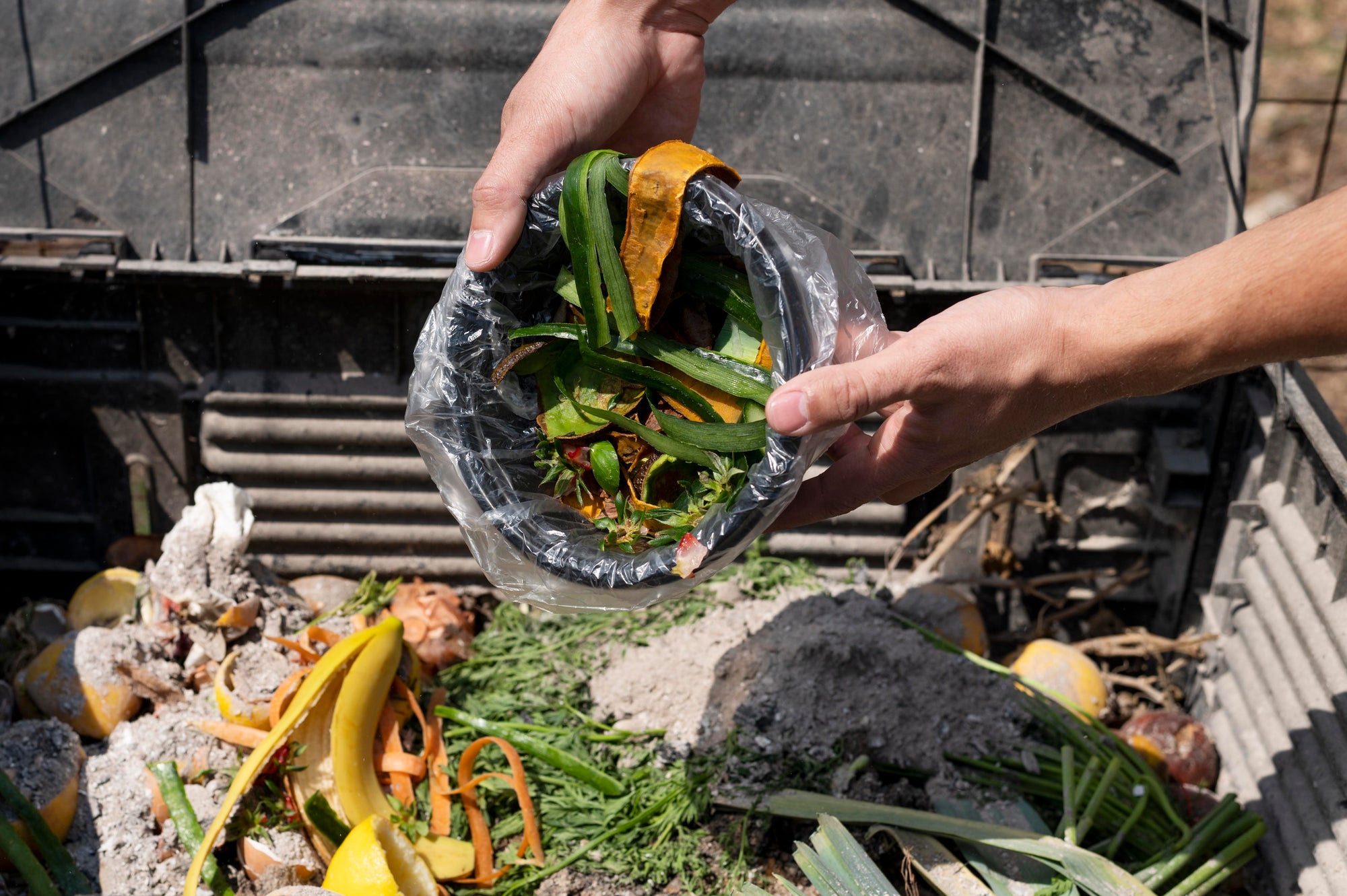News
A Comprehensive Guide to Composting At Home: Nourishing the Earth and Reducing Waste
Composting is a transformative practice that not only helps reduce waste but also provides a valuable resource for your garden or plants in the form of nutrient-rich soil. Whether you have a sprawling backyard or a cozy balcony, anyone can start composting and make a positive impact on the environment. In this comprehensive guide, we'll take you through the basic steps to get started with composting, turning your kitchen scraps and yard waste into black gold for your plants.
Choose the Right Composting Method
The first step in your composting journey is to select the appropriate composting method that suits your lifestyle and available space. There are two common methods to consider: backyard composting and indoor composting.
Backyard composting involves using a compost bin or building a compost pile in your yard. It's an excellent choice if you have ample outdoor space and prefer a more hands-on approach to composting. On the other hand, indoor composting is ideal for those with limited outdoor space or living in apartments. Indoor composting utilizes specially designed bins that are compact and odor-free, making them perfect for composting in smaller living spaces.
Carefully assess your situation and choose the method that aligns with your preferences and available resources.
Collect Compostable Materials
Once you've chosen your composting method, the next step is to gather the materials that can be composted. These materials can be broadly categorized into "greens" and "browns."
Green materials include kitchen scraps such as fruit and vegetable peels, coffee grounds, tea leaves, and eggshells. They are rich in nitrogen, which speeds up the composting process.
Brown materials, on the other hand, provide carbon, which helps balance the compost and prevent odors. Brown materials include dry leaves, straw, shredded newspaper, and cardboard.
It's essential to avoid adding meat, dairy, oily foods, and pet waste to your compost pile, as they can attract pests or create odor issues.
Create a Balanced Compost
The key to a successful compost pile lies in achieving a balance between greens and browns. Aim for a ratio of roughly 3 parts browns to 1 part greens to maintain proper decomposition and create an ideal environment for beneficial microorganisms to thrive.
Start your compost pile with a layer of browns at the bottom of your compost bin or pile. Add a layer of greens on top, followed by another layer of browns. Continue this layering process as you add new compostable materials over time.
Layer and Maintain the Compost
Maintaining your compost pile is crucial for optimal decomposition. Periodically mix or turn the pile to introduce oxygen, which promotes the activity of aerobic microorganisms. This aeration helps break down the organic matter efficiently and reduces the risk of unpleasant odors.
Additionally, monitor the moisture levels in your compost. The ideal moisture level is similar to that of a wrung-out sponge. If your compost appears too dry, add some water during the turning process. Conversely, if it's too wet, incorporate more dry browns to balance it out.
Patience and Time
Composting is a natural process that requires time and patience. Depending on the composting method and conditions, it can take anywhere from a few months to a year for your compost to fully mature. Be patient and allow nature to work its magic.
As you wait for your compost to transform into nutrient-rich soil, continue to add compostable materials and maintain the pile regularly. With time and effort, you will witness the fruits of your labor as you produce a valuable resource for your garden and contribute to a greener, more sustainable future.
In conclusion, composting is a rewarding and eco-friendly practice that anyone can embrace, regardless of their living situation. By following this comprehensive guide, you can embark on a composting journey and play an active role in reducing waste, nourishing the earth, and creating nutrient-dense soil for your beloved plants. So, take that step towards sustainability and start composting today - one kitchen scrap at a time. Together, we can make a significant impact on the environment and cultivate a greener tomorrow for generations to come.

